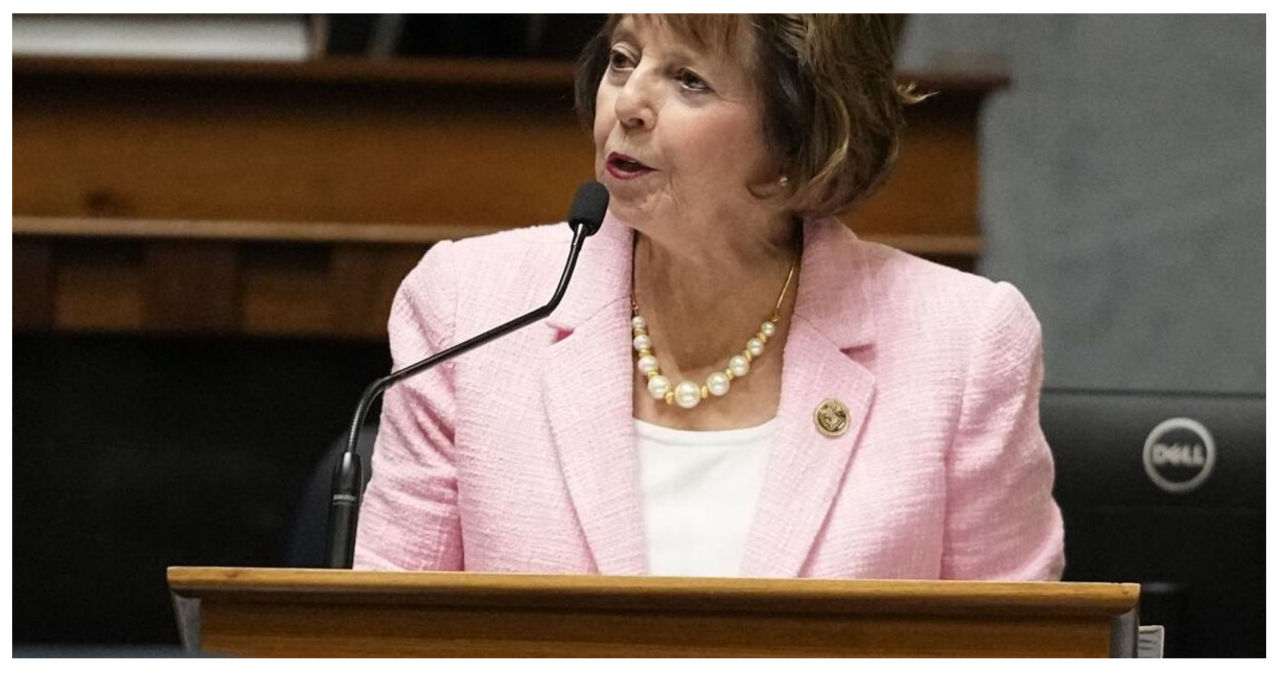Jamiesfeast – Indiana lawmakers are determined to tackle the state’s persistently low literacy rates by focusing on early elementary school education. In a significant move, state Senators have recently advanced a comprehensive bill that aims to address this issue. If passed, the legislation will have the potential to retain thousands of third graders who are unable to meet the required reading standards set by the state.
Republicans have expressed their disagreement with those who have categorized the measure as a “retention bill,” emphasizing the urgent need for intervention among students.
State Senator Linda Rogers emphasized that retaining students should only be considered as a last resort when all other interventions have been exhausted.
The House bill, backed by Gov. Eric Holcomb, Republicans in control of the House chamber, and the Indiana Department of Education, has now progressed to the House.
Indiana drew inspiration from the success of the Southern state of Mississippi, known as the “Mississippi miracle,” in boosting literacy scores. The Southern state’s achievement in this area was credited to various factors, including a third-grade retention policy, early intervention, and a focus on the science of reading.
Indiana, like many states across the country, made significant changes to the way reading is taught to young students. In an effort to improve literacy skills, the state adopted a phonetic approach known as the science of reading.
Last year, around 18% of third graders in Indiana were unable to pass the state’s reading test, known as IREAD-3, as reported by the Indiana Department of Education. The existing policy in Indiana is to hold back these students from being promoted, but Republican lawmakers argue that the exemptions are being granted too frequently. Data from the Department of Education reveals that over 96% of students who did not pass the reading test were still allowed to advance to the fourth grade.
Approximately 14,000 students failed to pass last year, but only around 400 of them were held back in the third grade. The state is aiming for a 95% pass rate for IREAD-3 by 2027.
Indiana has seen a decline in literacy rates since the 2014-15 school year, with a six-point drop between the 2018-19 and 2020-21 school years.
The Senate has approved a bill that mandates second-grade students to take the reading test, which was previously optional, as an early measure of their progress. If students pass the test in second grade, they will be exempt from taking it again in the third grade.
The legislation includes provisions for personalized interventions for students who are struggling academically, as well as opportunities for them to attend summer school if they do not pass their exams. In the case of third-grade students who do not pass, they are given the opportunity to attend summer school once again and retake the test.
According to the bill’s fiscal note, if a student fails the test three times, they will be retained in the third grade. The state projected that starting in the 2025-26 school year, approximately 6,350 additional students would repeat the third grade.
The bill includes provisions for exemptions from retention, specifically for English language learners and students with disabilities. Additionally, it introduces reading assessments for students as young as kindergartners, providing parents and teachers with valuable insight into their reading abilities.
Many Democratic lawmakers who are in the minority in both chambers, as well as other opponents, argue that if third-grade classes are forced to grow, it will strain the resources of schools. They also express concern about the potential harmful social and emotional effects of holding students back.
Parents who may not agree with their child’s retention now have the option to appeal, thanks to a successful amendment introduced by the Democrats in the recently passed bill.
The Indiana State Teacher Association, the largest teacher’s union in Indiana, has taken a neutral stance on the bill. While they support the idea of early intervention, they express caution regarding the retention aspect.
The Indiana School Board Association expressed its support for the bill, whereas the Indiana Parent Teacher Association voiced its opposition during the testimony.
Lawmakers from both parties have made it a priority to enhance the literacy skills of elementary school children. However, Democrats are advocating for interventions in education to begin at an even earlier stage.
A Democrat state senator, Fady Qaddoura, introduced a bill aiming to reduce the compulsory age for children to attend school from seven to five. Additionally, the bill aimed to expand a preschool voucher program. However, the proposal failed to secure a committee hearing in the Republican-controlled legislature before the deadline on Thursday.

